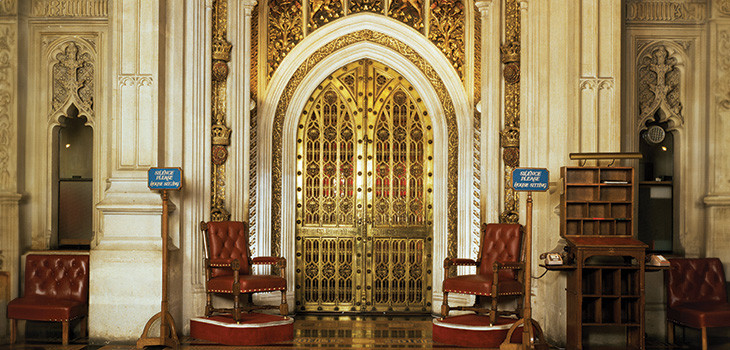
- The piecemeal nature of the Bill failed to strike a chord with some members across the house.
- The Bill’s perceived lack of ambition was particularly criticised.
- An opposition backbench MP (Sir Gavin Williamson) expressed his intention to move amendments to the Government’s Bill in order to make it more in tune with the Government’s own manifesto commitments.
As readers will be aware, the House of Lords (Hereditary Peers) Bill was introduced in the House of Commons on 5 September 2024, with the principal aim of making hereditary peers ineligible to continue to sit and vote in the House of Lords (see NLJ, ‘Calling time on hereditary peers’, 11 October 2024, p9). Its target is therefore the 92 excepted hereditary peers who remain active legislators due to a compromise reached to secure the passage of the House of Lords Act 1999. On 15 October 2024, the Bill









